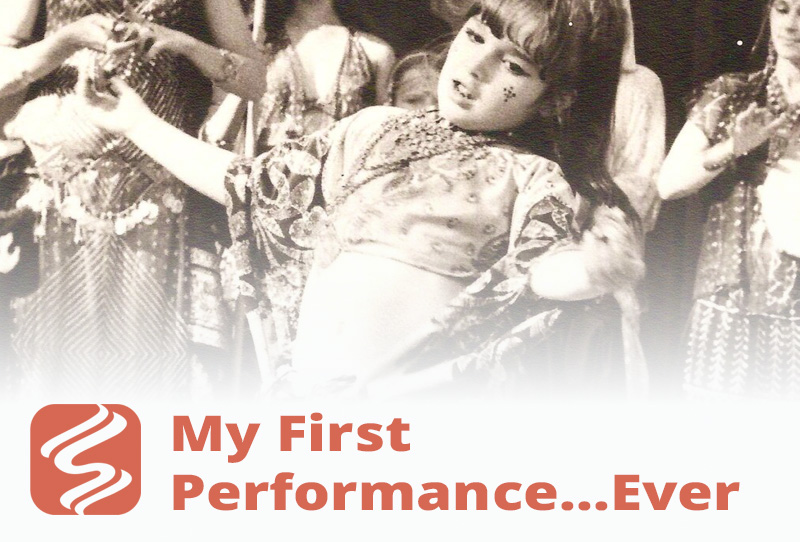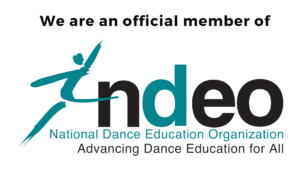
I am almost 2 years old. My eyes are closed. I can feel my heart beating, and I try to slow down my breath, taking huge inhales and releasing huge exhales. I’ve never felt so scared, and yet being on stage is all I ever dreamed of.
As I wait backstage, I hold my physical body perfectly still, pressing my arms to my sides to try to look relaxed. But my fingers twitch, as if they are trying to dance.
As my fingertips move, I hear the excited chattering sounds coming from the audience, like a swarm of bees making honey. I say a prayer to myself in hopes that I can finally have a voice and be seen. I don’t like to use words because I’m not really allowed to speak, and my body has become my only hope in being able to tell my story.
Will the audience listen to me? Will they hear my cry and plea for help? Will they see my loneliness?
The horns began to blare, and the musicians play the “Call to the Goddess” song as we procession in an entrance that lasts just long enough to hypnotize the audience.
Transfixed, the audience gazes on us all in awe, as though they have finally been called to a higher power to witness this ritual. Their mouths fall open as we back into our semi-circle in preparation for my solo that opens the show each day at the Renaissance Pleasure Faire. The music’s mood shifts as I emerge from the backline, taking the center of the stage. I shimmy in a flurry of freedom that I never feel off stage and certainly not ever in my own home.
I’m not trying to please the audience in any way. I want to feel my body through the music and tell my story through movement.
Each of my movements hold the secrets of my ancestors. My undulations are those taught to me as they do in the old country: mother to daughter, aunt to niece, cousin to cousin but always woman to woman. They are just as sacred as family recipes, passed on through the decades, generation to generation.
As I dance, I am also confused. Here I can feel my body move in a way that is completely prohibited at home. Why am I allowed to look into the eyes of strangers in the audience, but I’m never allowed at making eye contact with the men in my own family at home, for fear of being backhanded? The contrast is so large in my culture; women are so oppressed, and yet our dance is liberating and empowering.
My family hopes that when I am old enough, and it’s time for me to marry, I will outgrow the stage and forget my desire to dance. In the old country, it’s even illegal for kids to dance on stage in public. The unspoken deal between me and my father’s family is that I can enjoy the benefits of freedom, but I will still have to get married and never speak a word of my desire to dance.
So on that stage, my soul sinks into the music, and through me, the music creates the dance. I think, maybe if I can tell my story through dance, I will be set free. Maybe if I can tell my story through dance, I will be heard. Maybe if I tell my story, I will be allowed to dance forever. Each twist, hip drop, and a hit of my finger cymbals weave a story of hope and liberation.
The music begins to fade. It’s my cue to end my dance and fade back into the semi-circle. I resist as long as I can, hoping that I can hang on to this feeling, to feel alive just a little longer. But the music shifts as I take my place next to my mother. The next dancer emerges from the backline, and I witness her own expression of freedom through movement while I play my cymbals.
At the end of the show, as the music fades completely, a tear creeps down my cheek. I don’t want to go home… because, here, I am home.
The original blog was published in the Salimpour School blog on October 2, 2020.







